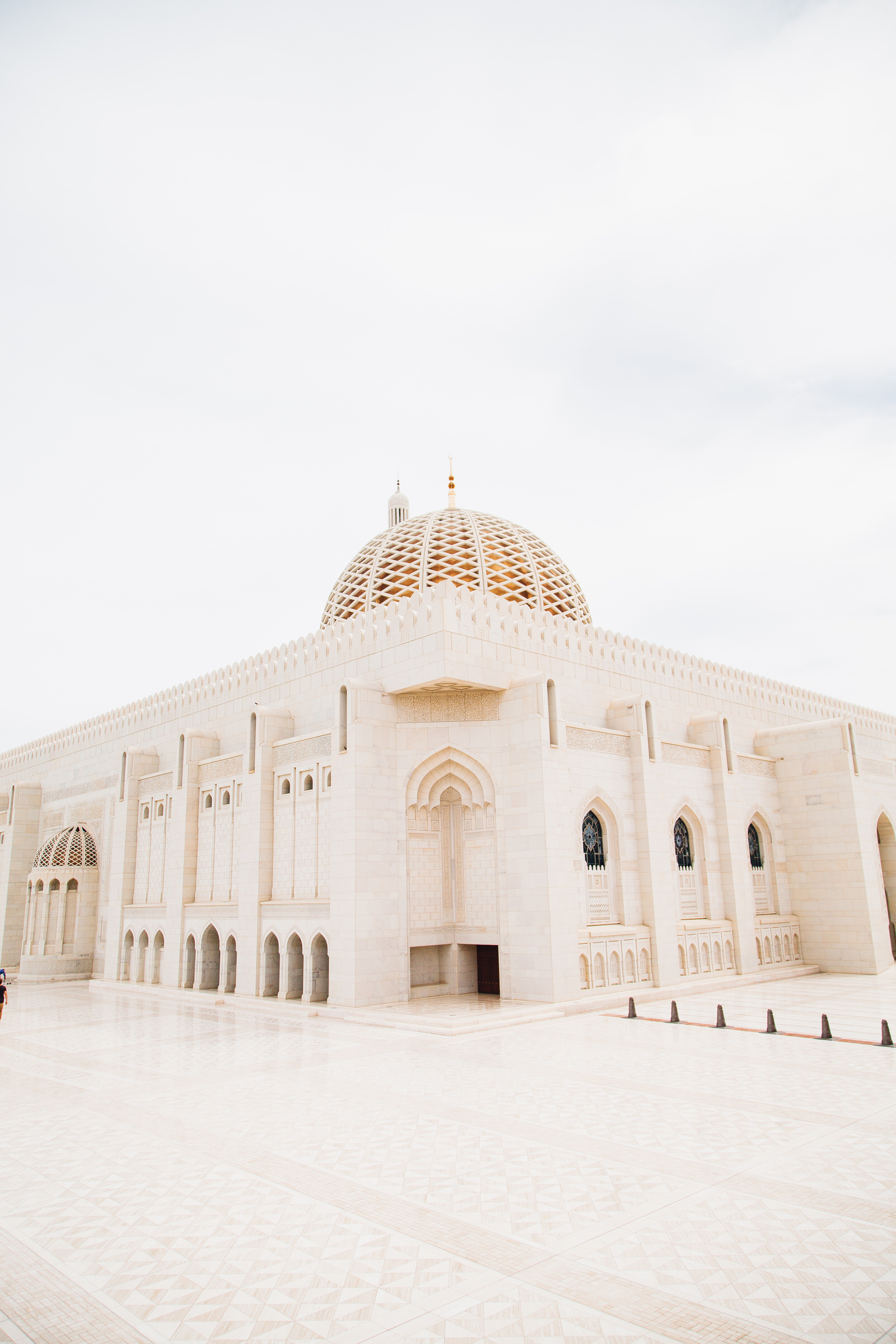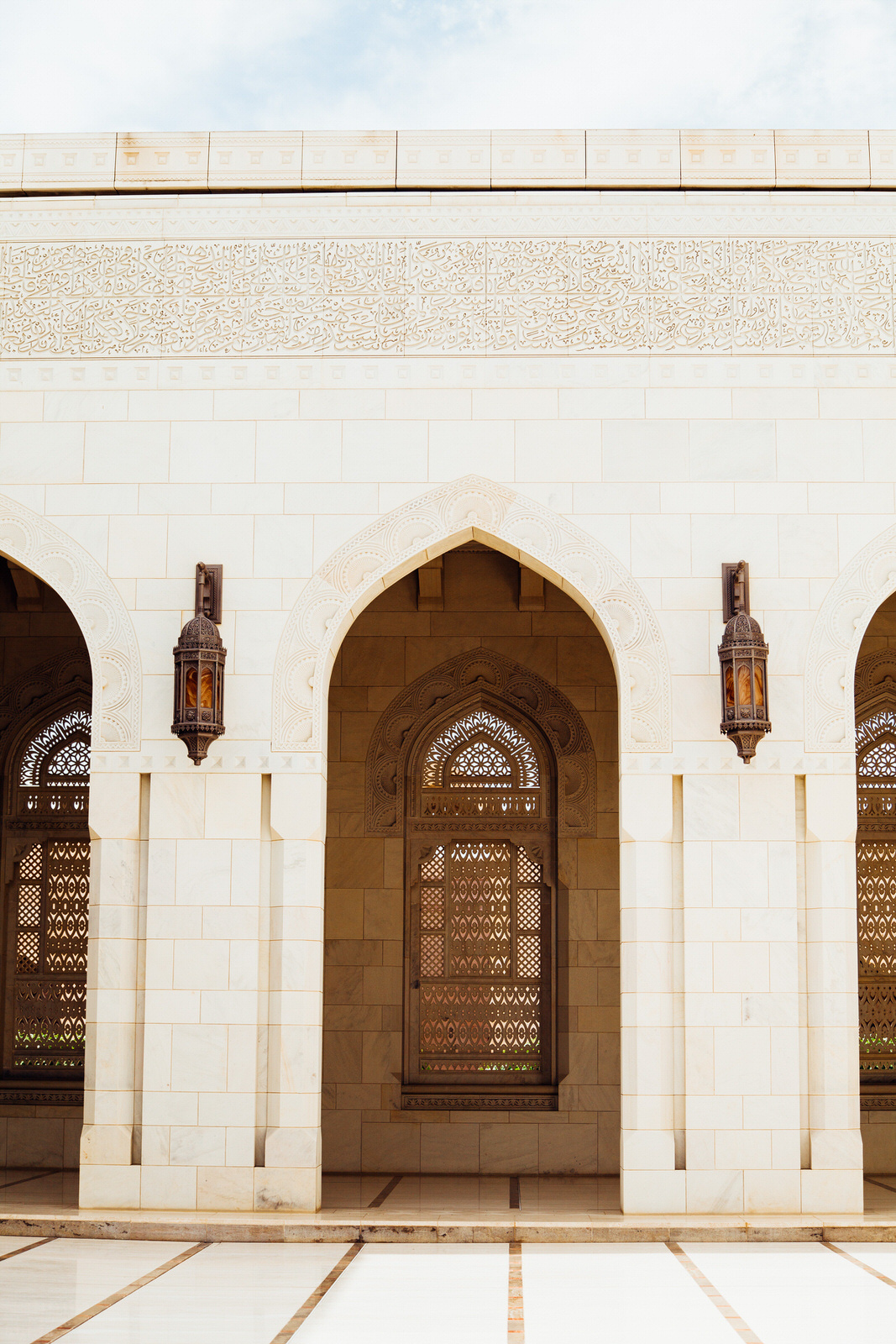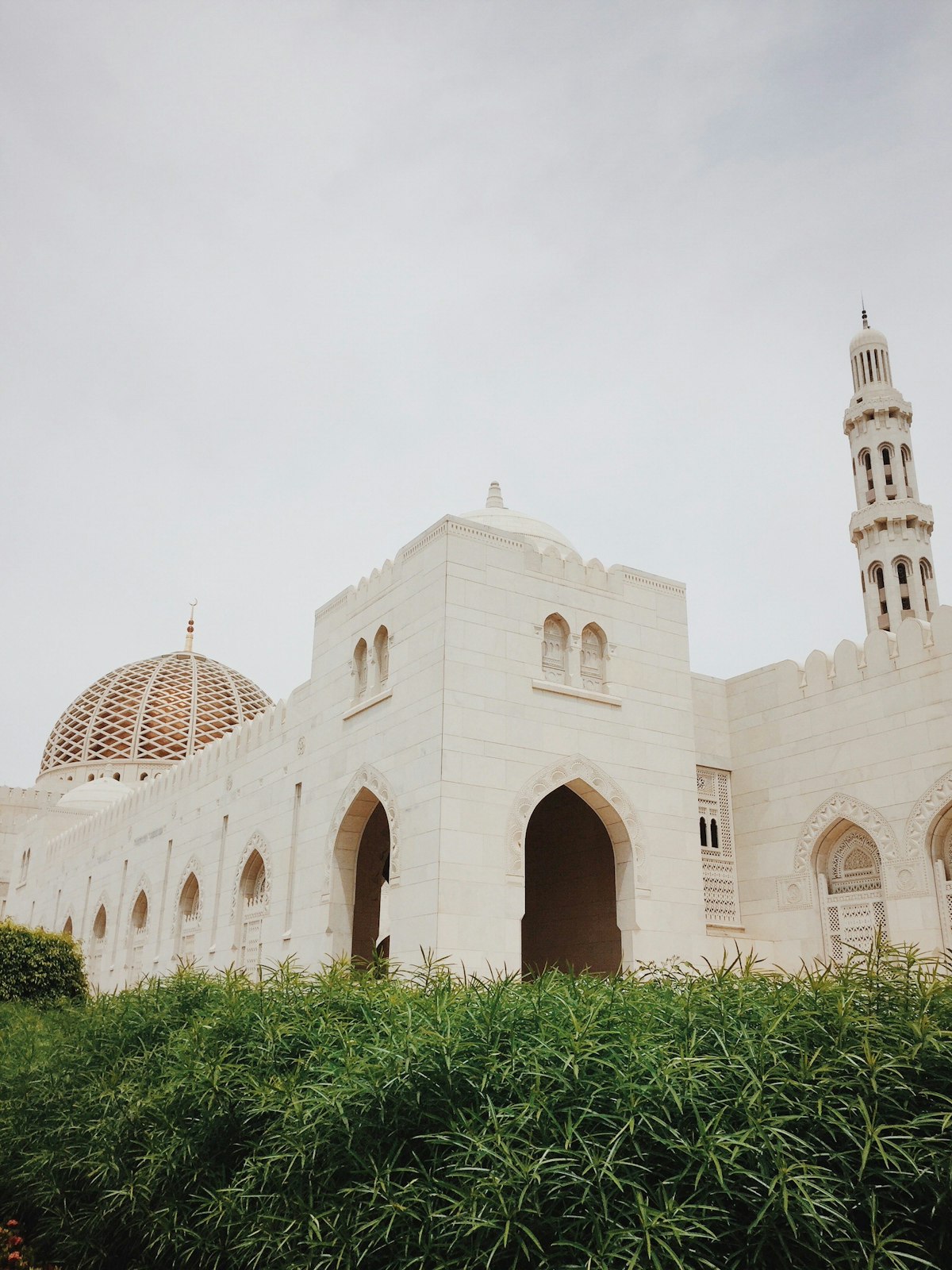There are words that don’t exist in the English language.
Words my mother uses to describe her love for me; words like ‘rouhi’ that translates to, “You are one with my soul.” Words like ‘hayat alby’ that mean, “You give my heart its very life.” Words more beautiful in meaning and deep in emotion than I could possibly translate, because it would be like trying to describe a color you’ve never seen before.
There are emotions that only exist for me in Arabic.
Emotions relating to responsibility, honoring my family, and representing the country of my parents, of my ancestors. There are movements my hips and torso make that only make sense when they’re accompanied by oriental drums, like the tabla, romantic strings, like the oud, and swiftly moving tambourines in a melody customarily called ‘baladi’, which literally translates to the word ‘country’. There are types of glass, pieces of wood furniture, and styles of rooms that teleport me to memories of my homeland where I was once surrounded by the chaos of busy streets, engulfed in the sound of my mother-tongue, and whisked away by the authenticity of the historic culture of my country, which is embodied in every human who roams through her streets.
For some people, understanding who they are becomes more obvious with age. They see themselves in the people they’re surrounded by; they use a single language to give labels to their characteristics and words to their thoughts. They are represented in every movie, television show, and by nearly every major CEO.

For some of us, however, our identity is much more complex, entangled with struggle, conflicting ideologies, and divergent languages. The world in which we were raised looks completely contradictory to the one that nurtured our parents and grandparents. ‘Tradition’ means holding onto the last thread that leads to our ancestors, and simultaneously means isolation from our current societal norms.
For some of us, home exists in two places at once - and somehow exists much stronger in the land we’re not physically in.
Growing up Middle Eastern American means I’m all too familiar with the space in-between. All to familiar with having an identity seeded in struggle and under-representation that also sits hand-in-hand with an identity rooted in autonomy, esteem, and privilege. And I’ve benefited from both.
When you’ve grown up in a place where you’ve had to constantly justify traditions, explain restrictions, and defend vigorous expectations, parts of you become defiant. You grow tired of the questions, of the lack of assimilation between your clashing cultures, of the contradictory images of who you are and who your parents or society expected you to become.
You struggle with ancient traditions that don’t fit the geography of the place you’re being raised. You struggle with emotions of passion, caution, and faith that were taught to you in a foreign language through anecdotes that have no direct translation. Ones that don’t feel as powerful or as customary when they’re not spoken in their native tongue.
You fail to belong here or there because being understood becomes a critical component of your ability to feel at home.
Understanding has become your mission, and only those who have began the journey of seeking it out could ever see the road you’re walking along. It’s as if you’ve lived a life amongst the most incredible lions, with the vision and perspective of an eagle. The two, like your cultures, exist radiantly and powerfully alone, but together, they change the way you travel through the world. They amplify the voices who share their stories with you. They expand the definition of moments that to others feel insignificant. Both broaden the spectrum of colors you use to paint the world in which you live.

To assimilate to one would feel almost as though you’ve betrayed the place you came from. It would empower the lion at the expense of the eagle. It would be as if to abandon your mother, who gave you the very life that allows you the freedom to contemplate such complexities.
To have a mixed identity is to share more commonalities, connections, and emotions with more of the world.
It means taking the best of your countries in their rituals, ideals, and opportunities. It is to belong to both your parents equally, regardless of who held your body in the womb as you learned to take your first breathe of air. It is to have a responsibility to your people. To move them forward if you’ve had the privilege of rising. To protect their image if you’ve had the honor of understanding their soul. To carry their struggle, so that the burden of holding it falls on more shoulders that will engage in more solutions.
Our heritage is not simply tied to a country. It’s a perspective, a nostalgic sound, a way of practice, a folklore story, a pallet of colors. It’s simply a place of understanding.
Photos by Amy Hulst
